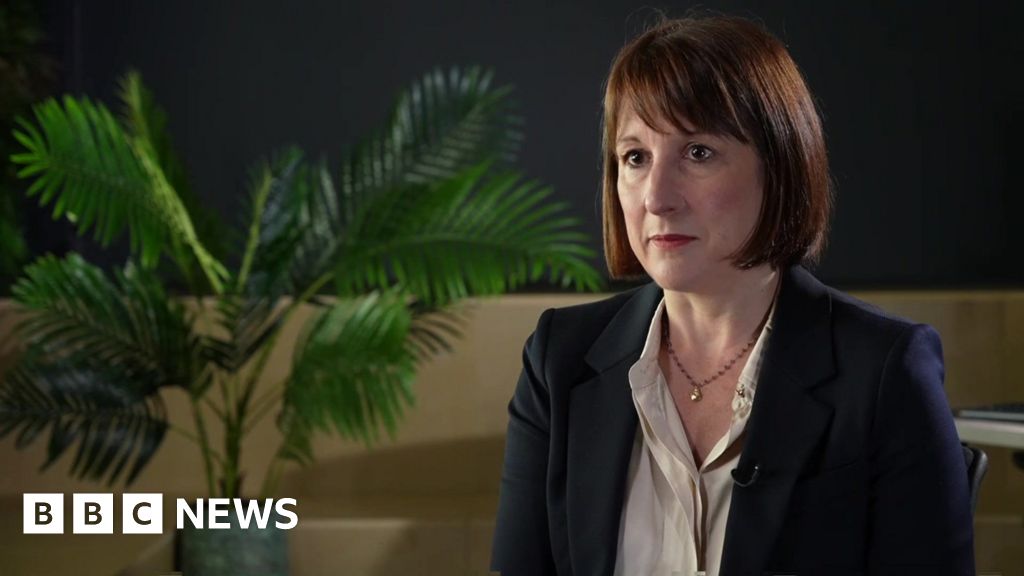“I’ve been really clear that the Budget on 30 October will require difficult decisions on tax, on spending, and on welfare,” she told the BBC.
“But the prize – if we can bring stability back to our economy, if we can bring investment back to Britain – is economic growth, good jobs, paying decent wages in all parts of our country, to realise the huge potential that we have.”
She also pointed to the potential increase of £460 in the new state pension, coming into effect next April.
A second month without growth, presents a challenge for the new Labour government, which has made boosting the economy a priority.
Analysts had forecast slight growth of 0.2% for the month of July.
A summer of sport, including the Euros and the Olympics, helped boost the services sector, but production and construction output both fell.
Despite the lack of growth in July, Liz McKeown, director of economic statistics at the Office for National Statistics (ONS) said “longer term strength in the services sector meant there was growth over the last three months as a whole”.
Services growth was led by computer programmers and the health sector, which recovered from strike action in June. But there was a drop in output for advertising, architects and engineers, Ms McKeown added.
It was a “particularly poor” month for car and machinery firms, she added.
The ONS monitors GDP – or gross domestic product – on a monthly basis, but more attention is paid to the trend over three months.
Monthly figures are an early estimate and are often revised slightly after more data comes in.
At the end of last year the UK fell into a shallow recession, with the economy failing to grow for two three-month periods in a row. But the first half of 2024 saw a return to growth.
Credit: Source link











